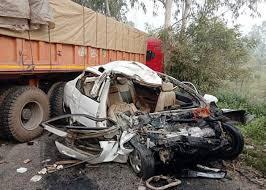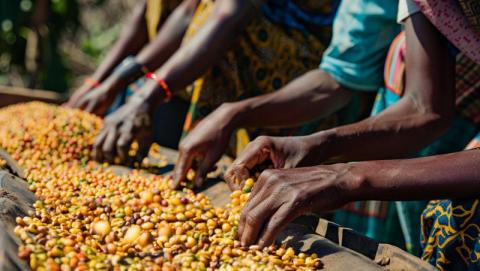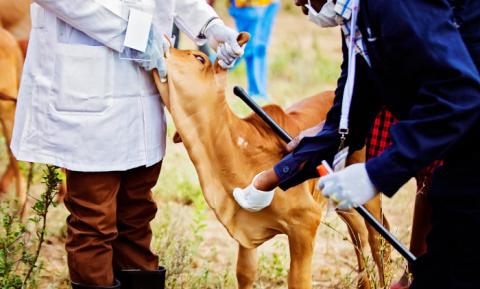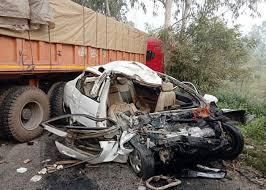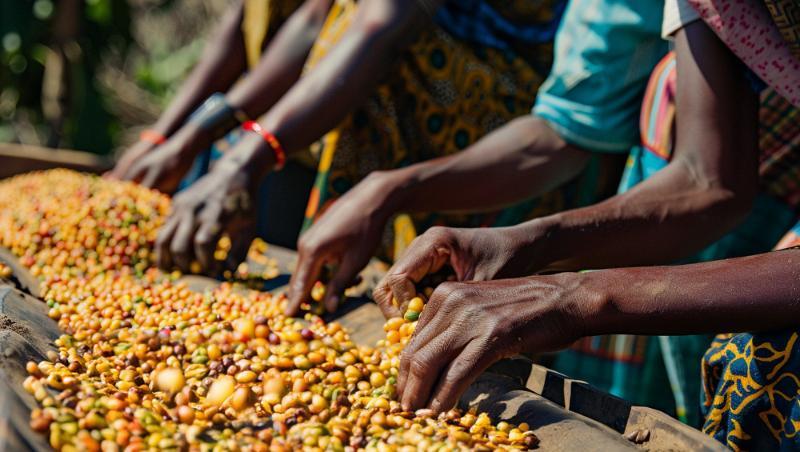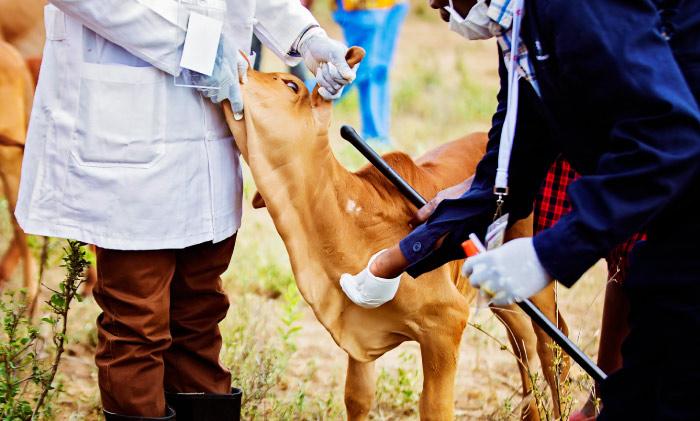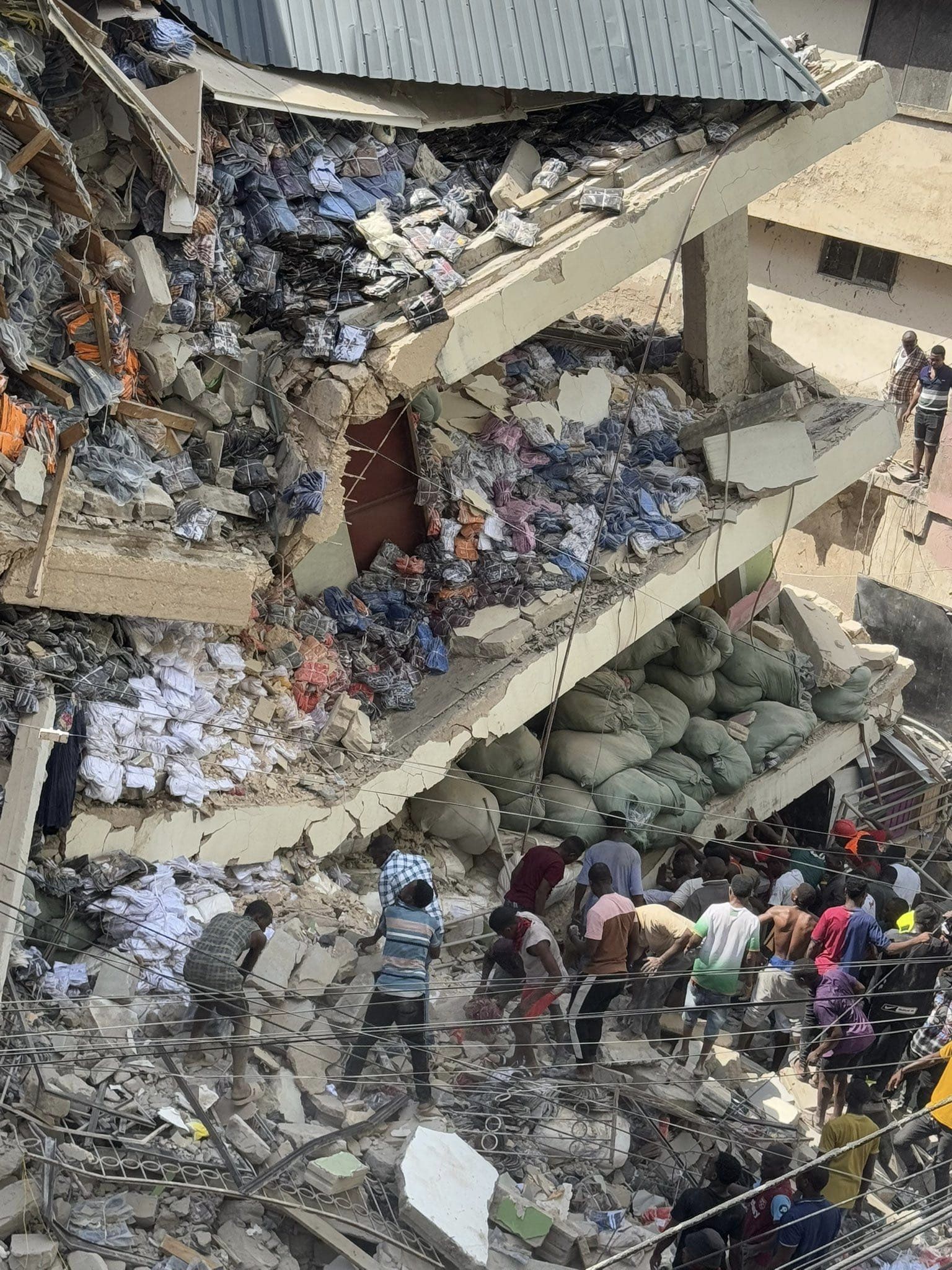
Photo: Daily News, Tanzania.
On November 16, 2024, a four-story building collapsed in Dar es Salaam's Kariakoo area, resulting in 29 confirmed deaths and 88 injuries. Rescue operations concluded after 10 days, during which more than 80 individuals were rescued from the debris. The building's owner has been arrested, and investigations into the incident are ongoing. The collapse occurred in the busy Kariakoo district, raising critical questions about building safety and emergency preparedness in urban centers. In response, President Samia Suluhu Hassan has ordered an audit of all buildings in the Kariakoo area to assess their structural integrity and prevent future tragedies.
Chief government spokesperson Thobias Makoba provided updates at the scene, sharing that rescue workers were using specialized methods to maintain communication and supply oxygen to those trapped. These techniques underscore the importance of using effective communication tools during emergencies.
Leadership in action
President Samia Suluhu Hassan, attending a G20 summit in Brazil, extended the rescue timeline several times emphasizing the commitment to saving lives. “Do not end the rescue operations. Extend it by an extra 24 hours to continue the fight for our brothers and sisters, whom we believe are still alive,” President Hassan stated. She also commended the rescue teams and volunteers for their relentless efforts.
Her decision highlights the critical role of leadership in coordinating effective communication during crises. Clear, decisive messaging can inspire action, instill hope, and guide public behavior in emergencies.
Community engagement and safety awareness
The incident has spurred significant public concern, with many volunteers stepping forward to assist rescue efforts. However, two individuals were arrested for unauthorized fundraising related to the tragedy, demonstrating the need for clear guidelines on legitimate channels for support. Transparency in crisis communication helps build trust and prevents misinformation.
This tragedy underscores the importance of community awareness about urban safety. Authorities and stakeholders should prioritize public education on structural safety and the role of citizens in reporting unsafe practices.
Risk communication takeaways
This event serves as a reminder of the critical elements of effective Risk and Crisis Communication:
- Preparedness: Ensuring robust urban planning and enforcement of safety regulations.
- Real-time updates: Providing clear, timely information to the public to manage expectations and guide action.
- Community involvement: Leveraging trusted community leaders and organizations to foster collaboration during crises.
- Building trust: Ensuring transparency in response efforts and addressing misinformation proactively.
This incident provides valuable lessons for improving emergency response and fostering community resilience in Tanzania and beyond.
Media links for further reading:
Rescue ends in Tanzania building collapse as death toll rises to 29
https://apnews.com/article/tanzania-building-collapse-37451d91d64618b867ba3c564e9d24db
Tanzania building collapse: Rescue efforts continue as govt vows stern action
- Tanzania building collapse kills at least 13 people https://www.reuters.com/world/africa/tanzania-building-collapse-kills-least-13-people-2024-11-17/
Five killed, 42 rescued in Kariakoo building collapse
https://dailynews.co.tz/five-killed-42-rescued-in-kariakoo-building-collapse/

